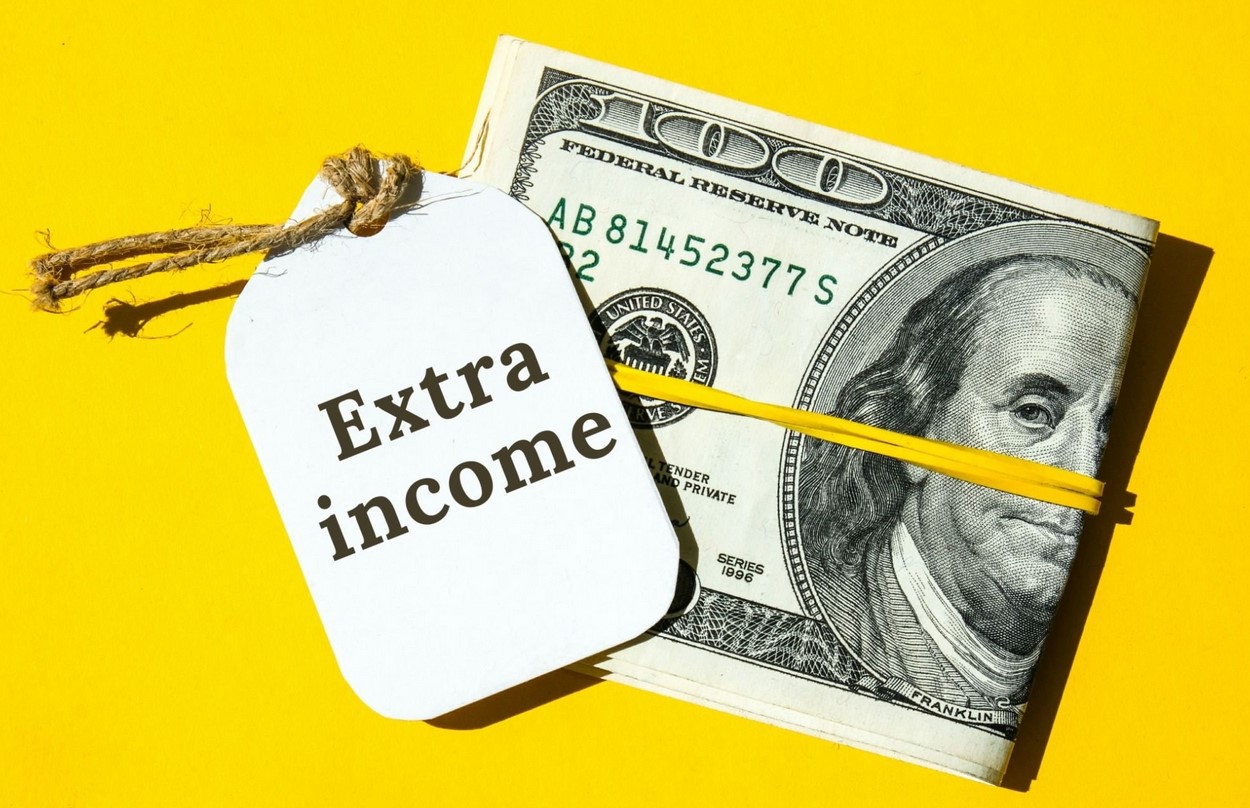What Are The Pros And Cons Of Gig Economy For Employers?

Have you ever placed an order for a meal from a food delivery app or booked a cab to meet with your friends? If yes, then you will be engaging with a gig worker.
‘Gig workers’ are those who get work from gig apps like Lyft, Uber, DoorDash, and others.
More than 36% (57 million) of Americans actively participate in the gig economy, including those who take it as a side hustle with their regular job to earn extra.
The gig economy not only offers many benefits to individuals, but it is also profitable to organizations.
So, let’s find out what exactly is meant by the gig economy. And what are the advantages and disadvantages of the gig economy for employers or businesses?
What is the gig economy?
Workers who participate in the gig economy tend to be on Zero-hour contracts or freelance contracts, unlike traditional regular jobs with a set number of hours and days. They are also known as independent contractors or 1099 contractors.
In the gig economy, gig workers earn their income by completing various tasks or ‘gig’ such as driving a car or delivering items. It differs from a 9-5 job culture and offers flexibility with no bondage. There are many workers in the gig economy who are working for many companies at the same time.
Benefits of gig economy for employers, businesses, and companies.
#1 Pro: Gig workers are less expensive
One of the most significant benefits of the gig economy to employers and businesses is its cost-effectiveness. Many companies are unwilling to provide their employees with health insurance and other perks as it increases overall expenditures. It also helps corporations to lower office space costs.
#2 Pro: No need to hire regularly
Suppose your company or business needs an employee to finish a short-term project or service. If you hire a full-time employee, you have to find more work for them after the project is finished. On the other hand, in the gig economy, you can easily hire freelance experts for their various services to finish your projects. In this way, you don’t need to hire a permanent employee and bear their other expenses.
#3 Pro: Save money on educating employee
If your full-time employee wants to upgrade their professional skills, they will likely come to you to provide education cost. But with the gig economy, freelancers invest their own money to educate themselves. Employers or businesses can easily find and hire these expert employees who already have the skills per their requirements. In this way, you can save the education cost of your employees.
#4 Pro: No fixed salary
When you hire a regular employee with a fixed salary system, you are bound to pay increments, bonuses, holidays, and sick leaves. It increases the overall costs of business. With the help of the gig economy, you can hire gig workers on contract, and you only pay when the finish your tasks.
Disadvantages of gig economy for employers and businesses
#1 Cons: Workers might be less loyal
In the gig economy, gig workers are temporary employees. Hence, they are less loyal to the profit of the company or business. Unlike 9-5, a job where employees are dedicatedly doing work for their organization. Sometimes gig workers need to do the work more dedicatedly because they can leave the company anytime without prior notice.
#2 Cons: No work discipline
In the Gig economy, employers or companies working with freelancers sometimes need more time to complete their projects or receive better quality. Some employers reported that freelancers are expected to leave the existing task without finishing and move on to a new project from the new company because they pay higher.
#3 Cons: Absence of direct control or communication
If your full-time employee makes mistakes, you can directly ask and guide them. But in the gig economy, gig workers work remotely or from home. There is no physical contact between the employer and the freelance employee, so sometimes it creates a communication gap.
Conclusion
A gig economy is a modern approach to employment. It provides excellent opportunities to both employers and freelance employees. But you also need to be aware of the different challenges mentioned above. If we do this accurately, the gig economy not only increases the employment rate but also benefits the economy to growth.
We know the problems of our hardworking gig workers, and that’s why we created GigsCheck. If you struggle to borrow money at low-interest rates and easy repayments, you can apply for short-term payday loans for gig workers and installment loans with us.





